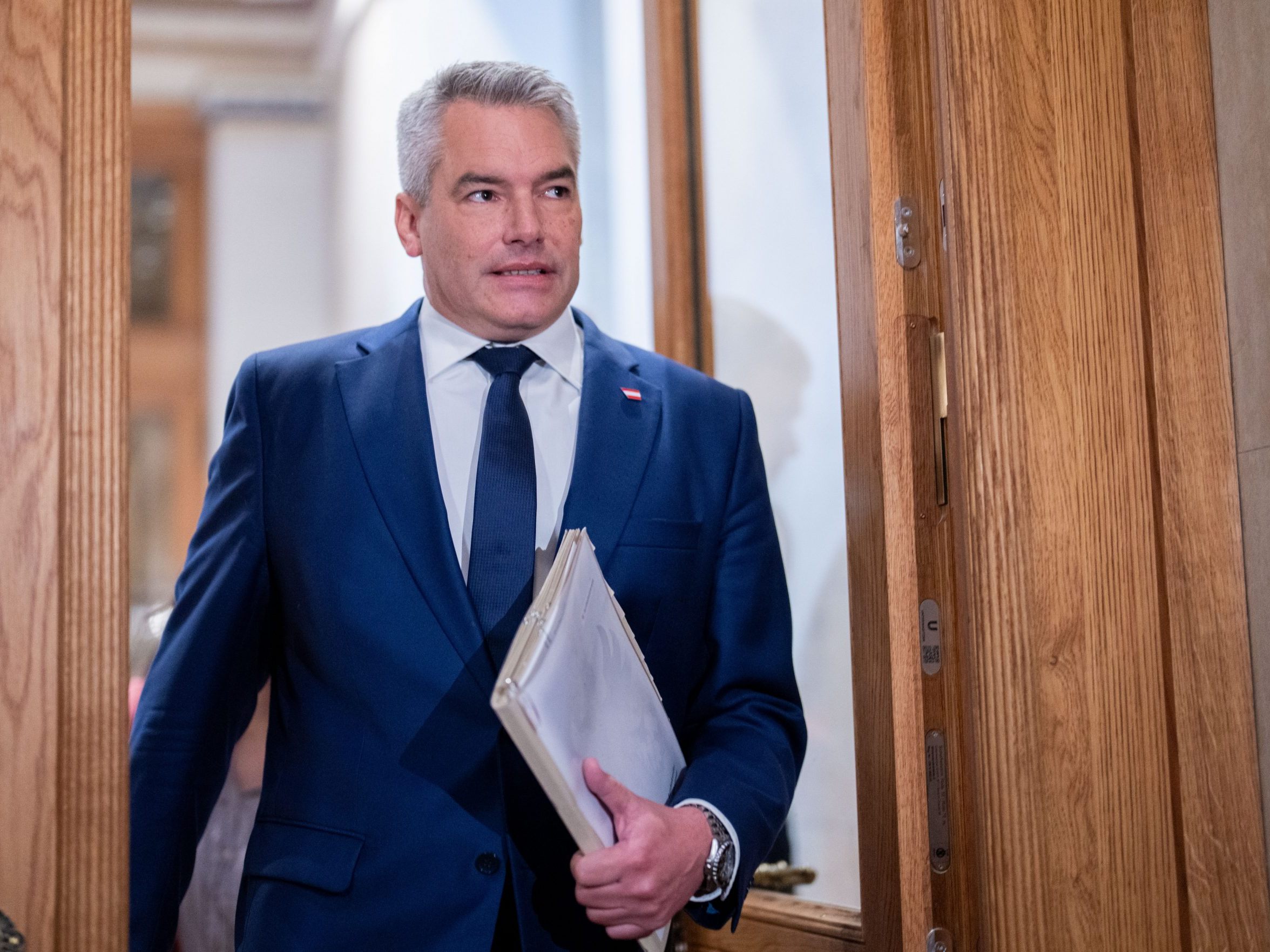The substance will no longer be "allowed in products that come into contact with food or drinks," the Brussels authority announced on Thursday. The ban will be gradually introduced over the next one and a half years.

BPA Banned by EU in All Food Packaging
20-12-2024, 11:48
This step was agreed upon by the 27 EU countries and representatives of the European Parliament as part of an EU packaging law. The EU Food Safety Authority also concluded that Bisphenol A could have "potentially harmful effects on the immune system," as the Commission further explained. The chemical is therefore already banned in baby bottles.
Bisphenol A Now Banned in All Food Packaging
Bisphenol A is used in the production of certain plastics, varnishes and coatings found in many packaging materials. For instance, the German consumer organisation Stiftung Warentest found in April that Bisphenol A was present in 51 out of 58 canned goods in German supermarkets.
"The ban on Bisphenol A shows that the scientific and political pressure we have been building since 2009 was not in vain," said Helmut Burtscher-Schaden, an environmental chemist from Global 2000, on Friday. The decision is a success for health protection. The ban will be extended to other bisphenols that are considered to be reproductive hazards or endocrine disruptors. After a phased implementation period of 18 months, these substances will no longer be allowed in food contact materials, Global 2000 announced in a press release.
(APA/Red)
This article has been automatically translated, read the original article .




